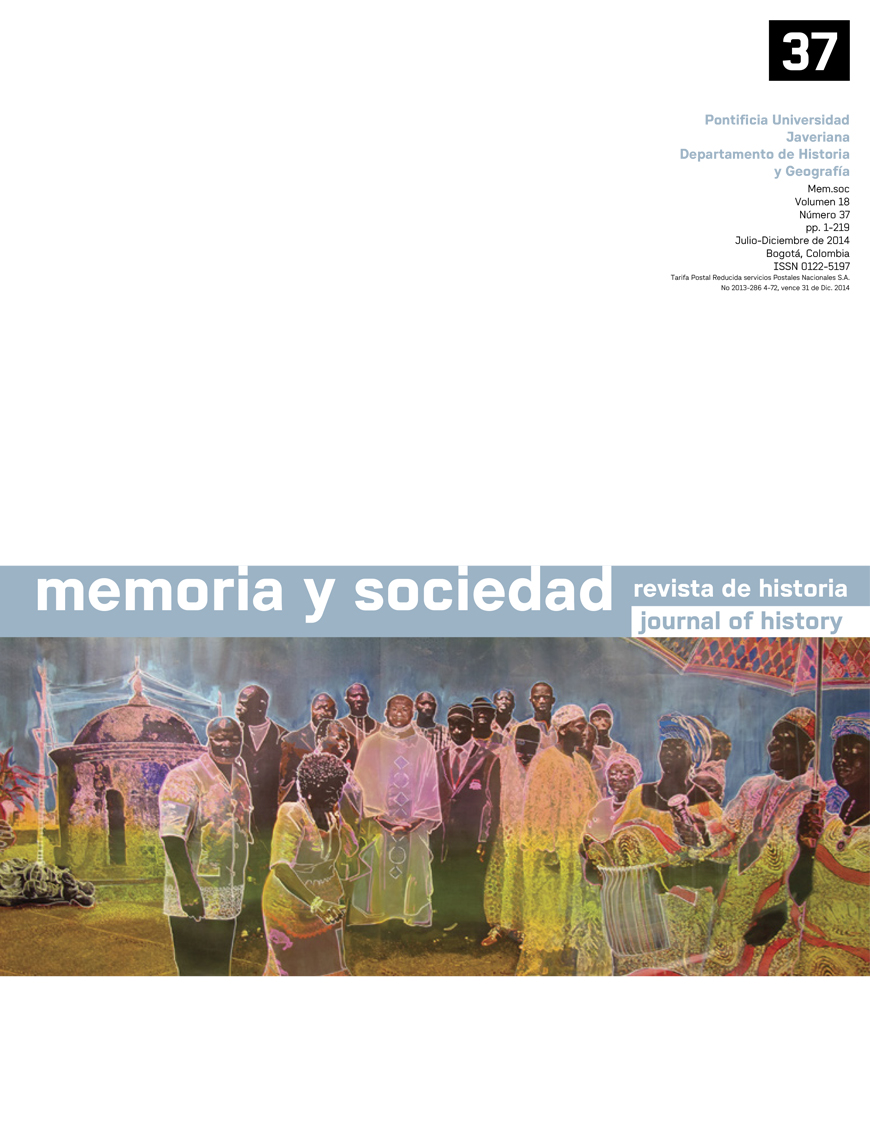Abstract
The women and men of African descent are represented socially as "objects of cultural adventure". There is a brand that uses gender and sexual-based violence exacerbated by the racialization of the body. It represents, objectifies and "cloisters" women of African descent into the categories of "hot bodies", "gusty", "strong": chained bodies. Since social representations shape human behavior and social practices, the discourses and imaginaries of men and women of African descent generate the "disposal" of the relations that they establish with mestizos and other human groups, including their co-ethnic bonds. Similarly, these representations make them more prone to sexual violence. For men, there is a continuity in the discourse of "virile male" that "discards", "objectifies" and, in turn, preforms a construction of masculinity, sexuality, sexual identity and the relationship with other sexualities. Such representations lead men and women to avoid being affectionate and close in their interactions with the same sex, with their couples and in their social and family relationships.The journal Memoria y Sociedad is registered under a Creative Commons Attribution 4.0 International Public License. Thus, this work may be reproduced, distributed, and publicly shared in digital format, as long as the names of the authors and Pontificia Universidad Javeriana are acknowledged. Others are allowed to quote, adapt, transform, auto-archive, republish, and create based on this material, for any purpose (even commercial ones), provided the authorship is duly acknowledged, a link to the original work is provided, and it is specified if changes have been made. Pontificia Universidad Javeriana does not hold the rights of published works and the authors are solely responsible for the contents of their works; they keep the moral, intellectual, privacy, and publicity rights.
Approving the intervention of the work (review, copy-editing, translation, layout) and the following outreach, are granted through an use license and not through an assignment of rights. This means the journal and Pontificia Universidad Javeriana cannot be held responsible for any ethical malpractice by the authors. As a consequence of the protection granted by the use license, the journal is not required to publish recantations or modify information already published, unless the errata stems from the editorial management process. Publishing contents in this journal does not generate royalties for contributors.

